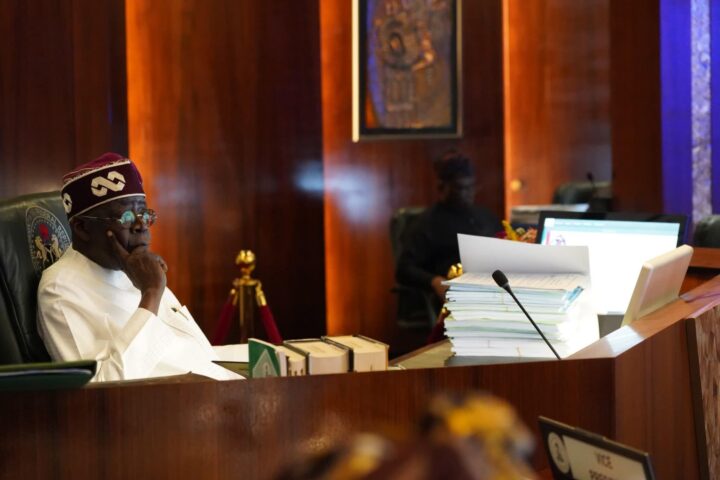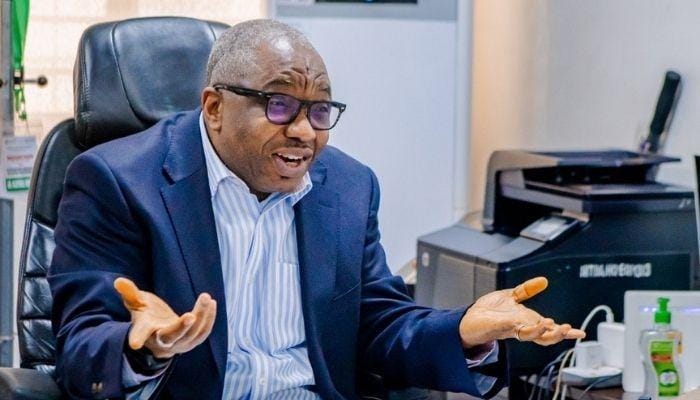The National Population Commission (NPC) has restated its commitment to manage Nigeria’s estimated population of over 216 million for economic growth and sustainable development.
The assurance came on the heels of the release by the United Nations Department of Economic and Social Affairs on 15th November 2022, which estimates the global population at 8 billion,
Reacting to the UN release,the chairman of the Commission, Nasir Isa Kwarra, stated that despite its huge size, Nigeria’s population remains its greatest asset in the development process and a veritable tool for the realisation of the country’s demographic dividend.
Dr.Isiaka Yahaya, Director, Public Affairs, NPC,quoted his boss as saying that towards this end, Nigeria recently launched the revised National Policy on Population for Sustainable Development (NPPSD).
The policy has an overall goal of improving the life and standard of living for all Nigerians,he said,adding that it also emphasized the need for urgent measures to address Nigeria’s high fertility rate, through expanding access to modern contraceptive methods across the country.
He implored governments at all levels, traditional institutions, religious leaders, organised private sectors to support the effective implementation of the National Population Policy.
To provide institutional basis for the implementation of the NPPSD, the National Council on Population Management under the Chairmanship of President Muhammadu, has been established and composed of the Vice President, Senate President and Ministers of relevant government ministries and agency.
The Population Advisory Group (PAG) headed by the Chairman of the NPC and key stakeholders has also been inaugurated,he said,adding that effective implementation and monitoring of the National Population Policy requires accurate and reliable population data on the size and characteristics of the national population.
With preparations for the conduct of the 2023 Population and Housing Census at advance stage, Kwarra has expressed the hope that results of the 2023 Census will provide the basis for evidenced based implementation of the policy.
He solicited the support of the stakeholders at national and sub national levels as well as development partners for the conduct of the 2023 Census in terms of resource mobilisation, massive sensitisation of the populace, technical and logistics support.
He said with the huge deployment of technology through the digital mapping of the country, use of satellite imageries and Personal Digital Assistants, on-line recruitment of ad-hoc personnel, he said the commission is poised to deliver the first fully digital and transformative census in Nigeria for the sustainable development.
















